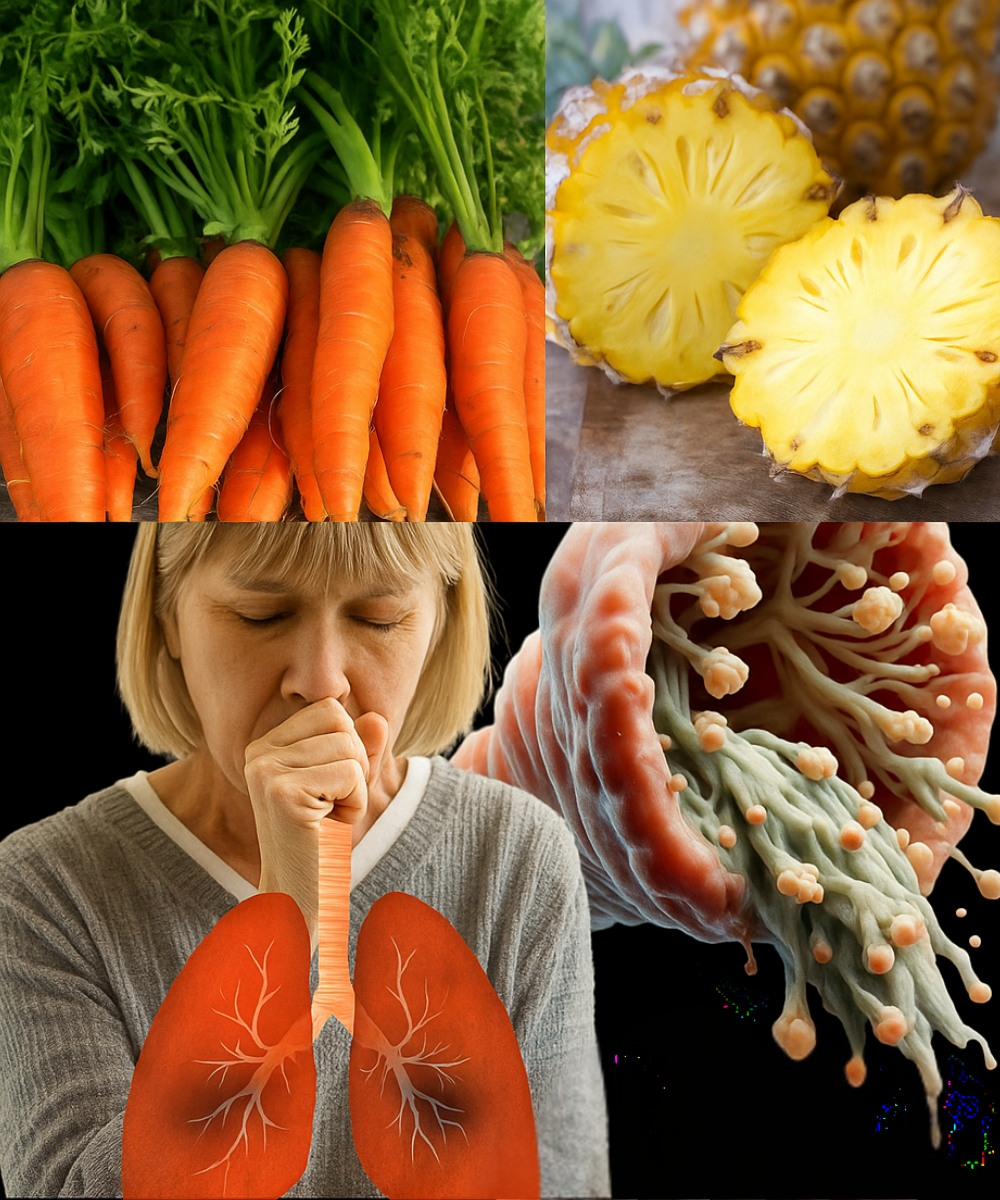Breathing is the quiet engine of your life, an unconscious rhythm we rarely appreciate until it falters. If you’ve ever felt the unsettling pinch of a persistent cough, the struggle of shortness of breath, or a general feeling of chest congestion, your lungs are sending a clear distress signal. This isn’t just a minor inconvenience; it’s a call to action. While modern medicine provides crucial care for serious respiratory issues, a profound, complementary path to robust lung health exists right in your kitchen.
Imagine a simple change on your plate leading to a tangible improvement in how you feel. This isn’t about fleeting trends or expensive supplements. It’s about leveraging the ancient, proven power of natural foods—ingredients packed with specific compounds that actively support your body’s defense, cleansing, and anti-inflammatory processes. By making a few mindful, delicious adjustments, you can nourish your respiratory system, support smoother breathing, and reclaim a vibrant sense of vitality.
We’ve distilled the science into nine accessible, potent foods that are proven to contribute to better lung function and clearer airways. Forget complicated routines; this is about adding power to what you already eat. Start integrating these simple additions today, and many people report feeling a noticeable difference in their breathing comfort in as little as three days.
🧄 The Natural Powerhouse: Garlic
Garlic is a cornerstone of global cuisine, cherished for its bold, pungent flavor. Yet, its true value lies in its potent medicinal properties. This humble bulb is a rich source of allicin, a sulfur-containing compound renowned for its remarkable anti-inflammatory and antimicrobial support.
Why it matters for your lungs: Allicin acts as a natural guardian, assisting the body in resisting minor infections and reducing inflammation within the respiratory tract. Furthermore, garlic aids the body’s natural processes for mucus elimination, helping to keep your airways clearer and more comfortable.
Pro Tip: To maximize the benefit of allicin, crush or chop the garlic cloves and let them sit for 5-10 minutes before heating. Add raw, crushed garlic to a warm glass of lemon water, or stir it into your sauces and stir-fries just before serving.
🌶️ The Warming Soother: Ginger
For centuries, ginger has been a celebrated star in traditional wellness systems, known for its ability to soothe the digestive system. Its benefits, however, extend deeply into respiratory care, making it an indispensable ally for anyone seeking easier breathing.
Why it matters for your lungs: Ginger is rich in potent bioactive compounds like gingerols and shogaols. These powerful agents are known to help break down excess mucus and naturally relieve congestion. The comforting, warming properties of ginger tea can also help relax the muscles around the airways, promoting smoother, more comfortable ventilation.
Pro Tip: Incorporate a daily ritual of ginger tea. Simply boil several fresh slices of ginger in water, strain, and sip two to three times a day. You can also grate fresh ginger directly into your morning smoothie or soup.
✨ The Golden Anti-Inflammatory: Turmeric
Turmeric, with its unmistakable vibrant, golden hue, has captivated researchers worldwide due to its extraordinary support for the body’s inflammatory response. The key to its power is curcumin, its primary active component.
Why it matters for your lungs: Chronic, low-grade inflammation is a major burden on the respiratory system. Curcumin helps to maintain the health and resilience of delicate tissues throughout the body, including those lining the lungs. By supporting a healthy, balanced response to internal irritation, turmeric is crucial for promoting long-term breathing comfort and lung tissue integrity.
Pro Tip: Turmeric’s absorption is dramatically increased when paired with black pepper (which contains piperine) and a source of healthy fat. Incorporate a generous pinch of pepper when adding turmeric to your golden milk, curries, or egg dishes.
🍎 The Respiratory Shield: Apples
“An apple a day” is more than just a quaint saying; it’s a prescription for resilience. Apples are remarkably rich in a key antioxidant called quercetin, a bioflavonoid celebrated for its protective capabilities.
Ver continuación en la página siguiente
